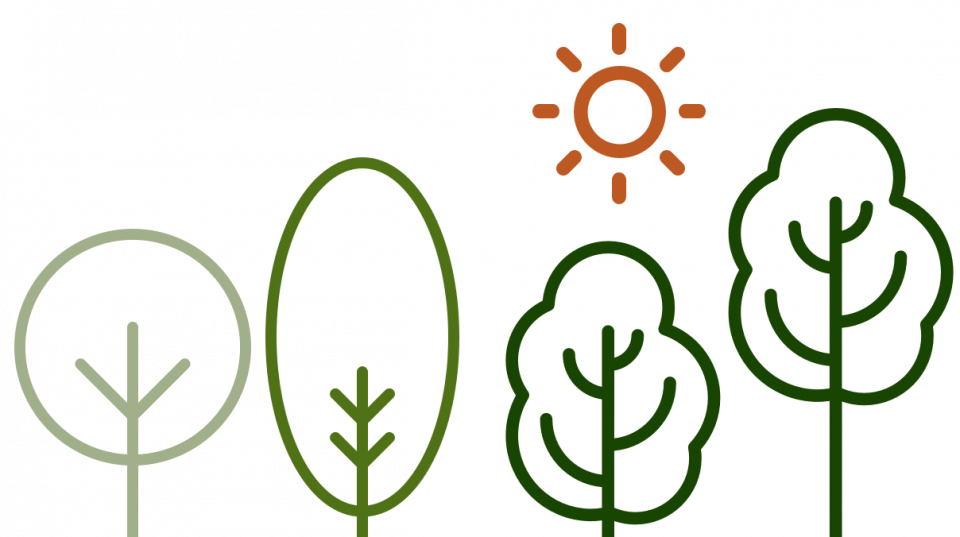Overview
This project focused on interaction between people and forests and investigated how forest can sustain livelihoods and improve food security.
80% of Papua New Guineans live in rural areas and they depend heavily on their forests. Forests cover 63% of Papua New Guinea, and 97% of these forests are held in customary land ownership. Communities own most land and forests, so community forestry offers villagers a way of managing or developing these assets.
Community forestry-sustainable forest management ('community-based reforestation' of clan-owned grasslands) or 'Ecoforestry' (timber from clan forests processed by the community) may keep the benefits of forests within communities.
This project helped people work together to sustainably manage native forest or grow trees.
Key partners
Foundation for People and Community Development Inc.
James Cook University
Papua New Guinea Forest Authority
Papua New Guinea Forest Authority Goroka Office
PNG Forest Research Institute
Queensland University of Technology
Ramu Agri-Industries Ltd
Southern Cross University
University of Papua New Guinea
Documents
Image

1.4 MB
-
pdf
Download



